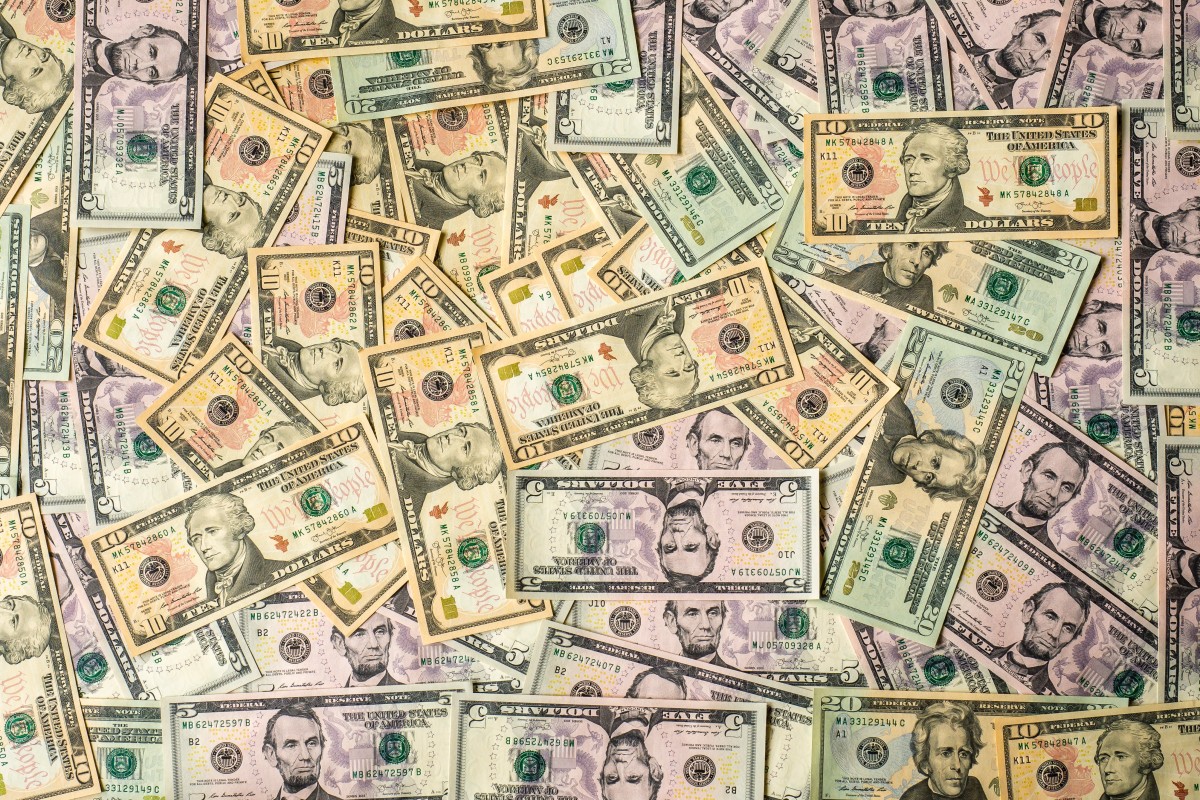One of the big reasons why individuals and companies choose to apply for the registration of trademarks is to enforce those registered marks against infringers. By owning a valid trademark registration, one is able to file suit in federal court and seek monetary and/or injunctive relief. The type of monetary damages on the table has long been a question with an uncertain answer for potential trademark plaintiffs and their legal counsel.
Today, the U.S. Supreme Court issued an opinion that adds a bit of clarity to the monetary damages question when it comes to trademark infringement litigation. The highest court ruled that infringers may be required to disgorge their profits to the rightful owners of trademark registrations, even if the infringers did not willfully engage in trademark infringement. Previously, certain jurisdictions were of the opinion that proving willful infringement was a precondition for a prevailing plaintiff to recover the profits of an infringing individual or brand.
The vote of the U.S. Supreme Court was unanimous. Justice Neil Gorsuch, writing for the Court, stated that “a plaintiff in a trademark infringement suit is not required to show that a defendant willfully infringed the plaintiff’s trademark as a pre-condition to a profits award” and that “The Lanham Act provision governing remedies for trademark violations … has never required such a showing.”
In the case at issue, a lower court had ruled that the plaintiff, Romag Fasteners, prevailed over Fossil Inc. on a claim that Fossil infringed on Romag’s magnetic fasteners without receiving consent. However, Romag’s request for a $6.8 million award, based on disgorging Fossil’s profits, was rejected because willful infringement could not be proven. The Second Circuit Court of Appeals’ position was that demonstrating willful infringement was a prerequisite to disgorging profits in an infringement action.
While willfulness should still play an important factor in determining the availability of an infringer’s profits, it is no longer a requirement in any district.
“We do not doubt that a trademark defendant’s mental state is a highly important consideration in determining whether an award of profits is appropriate,” wrote Justice Gorsuch. “But acknowledging that much is a far cry from insisting on the inflexible precondition to recovery Fossil advances.”

